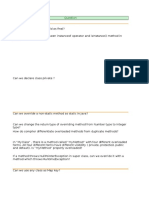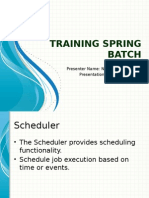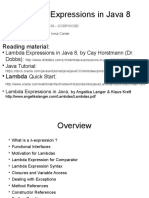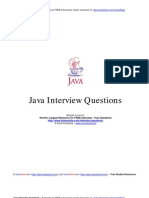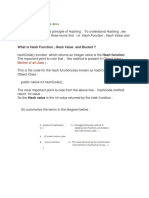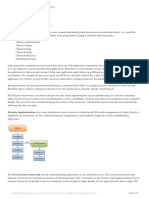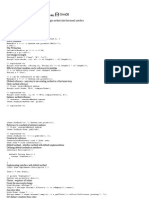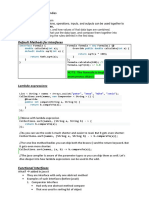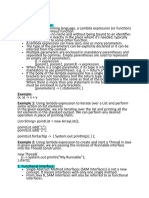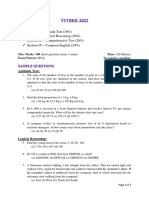0% found this document useful (0 votes)
555 views4 pagesCheat Sheets - Java 8
This document provides a Java 8 cheatsheet covering lambda expressions, method references, streams, and default methods in interfaces. It includes syntax examples for lambda expressions, using lambda expressions to sort a list by string length, referencing effectively final variables, static and instance method references, constructor references, defining and implementing default methods, and examples of using streams to count, join, and collect data.
Uploaded by
bas_ordinaCopyright
© © All Rights Reserved
We take content rights seriously. If you suspect this is your content, claim it here.
Available Formats
Download as PDF, TXT or read online on Scribd
0% found this document useful (0 votes)
555 views4 pagesCheat Sheets - Java 8
This document provides a Java 8 cheatsheet covering lambda expressions, method references, streams, and default methods in interfaces. It includes syntax examples for lambda expressions, using lambda expressions to sort a list by string length, referencing effectively final variables, static and instance method references, constructor references, defining and implementing default methods, and examples of using streams to count, join, and collect data.
Uploaded by
bas_ordinaCopyright
© © All Rights Reserved
We take content rights seriously. If you suspect this is your content, claim it here.
Available Formats
Download as PDF, TXT or read online on Scribd
/ 4















